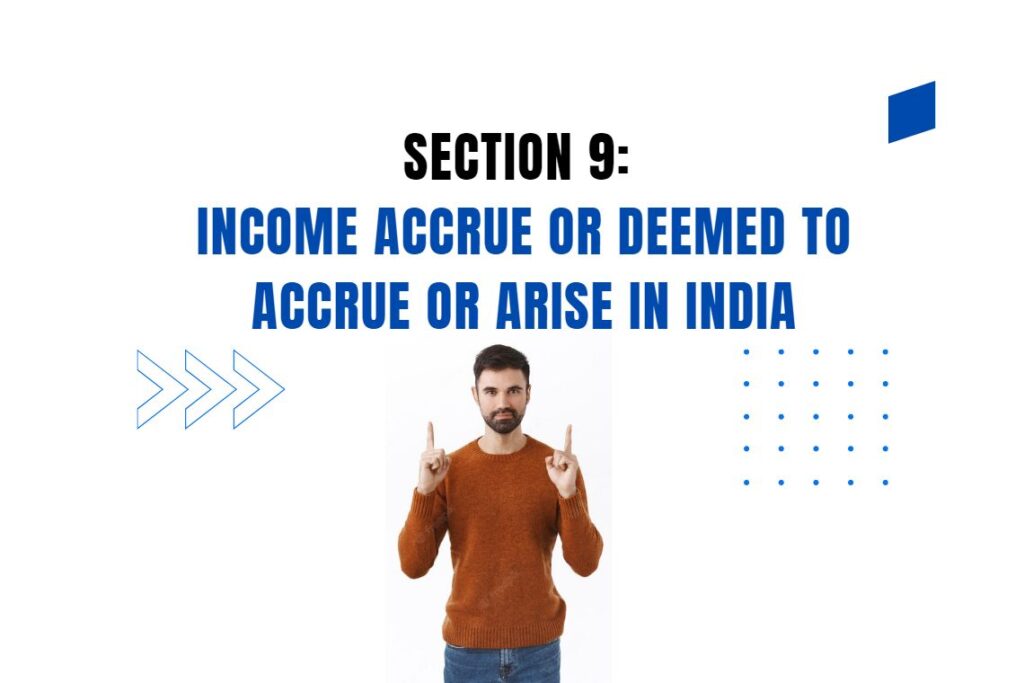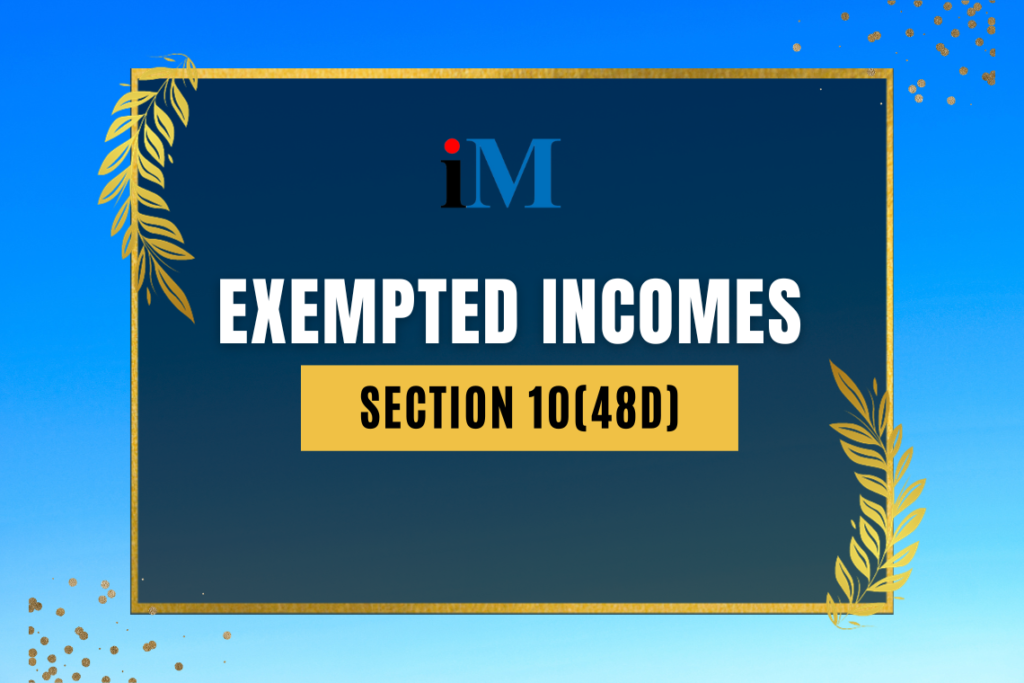An Electoral Trust is a unique entity that plays a crucial role in the political funding of political parties in India. It is a non-profit organization that collects funds from individuals, corporates, and other entities and then distributes them to various political parties. The main objective of an Electoral Trust is to bring transparency and accountability to the process of political funding.
Under Section 13B of the Income Tax Act, the income of an Electoral Trust is exempt from tax. This provision was introduced to encourage transparent and legal funding of political parties. The exemption applies to all the income received by the Electoral Trust, including the contributions made by individuals and corporates.
To be eligible for the exemption under Section 13B, an electoral trust must be approved by the Central Board of Direct Taxes (CBDT) in accordance with the Electoral Trusts Scheme, 2013. The electoral trust must also distribute at least 95% of its income to political parties registered under Section 29A of the Representation of the People Act, 1951.
The exemption under Section 13B is not absolute. There are certain conditions that electoral trusts must meet in order to avail of the exemption.
- The electoral trust must be registered with the Election Commission of India.
- The electoral trust must distribute 95% of its aggregate donations received during the year to political parties registered under Section 29A of the Representation of the People Act, 1951.
- The electoral trust must function in accordance with the rules made by the Central Government.
Here are some examples of income that is exempt from income tax under Section 13B:
- Voluntary contributions received by an electoral trust from Indian citizens and companies.
- Income from the investment of funds by an electoral trust in securities of the Government of India or a State Government.
- Income from any other source, subject to certain conditions.
Here are some examples of income that would not be exempt under Section 13B:
- Income from business activities.
- Income from professional services.
- Income from investments that are not used for political activities.
- Income from rental properties that are not used for political activities.

![Income of an Electoral Trust shall be Exempt [Section 13B]](https://incometaxmanagement.in/wp-content/uploads/2023/10/61-Exempted-Incomes-Section-13B-1024x683.png)

![Residential Status [Sections 5 to 9B]](https://incometaxmanagement.in/wp-content/uploads/2023/09/Residential-Status-Sections-5-to-9B-1024x683.jpg)

![EXEMPTED INCOMES [Section – 10, 10AA, 11 to 13A]](https://incometaxmanagement.in/wp-content/uploads/2023/09/Exempted-Incomes-Section-10-1024x683.jpg)

![Incomes of Political Parties [Section-13A]](https://incometaxmanagement.in/wp-content/uploads/2023/10/60-Exempted-Incomes-Section-13A-1024x683.png)
![Special Provisions in respect of Newly-established Units in Special Economic Zones (SEZ) [Section-10AA]](https://incometaxmanagement.in/wp-content/uploads/2023/10/59-Exempted-Incomes-Section-10AA-1024x683.png)
![Exemption in respect of income chargeable to Equalization Levy [Section 10(50)]](https://incometaxmanagement.in/wp-content/uploads/2023/10/58-Exempted-Incomes-Section-1050-1024x683.png)
![Income of a Developmental Financing Institution (DFI) to be Exempt [Section 10(48E)]](https://incometaxmanagement.in/wp-content/uploads/2023/10/57-Exempted-Incomes-Section-1048E-1024x683.png)

